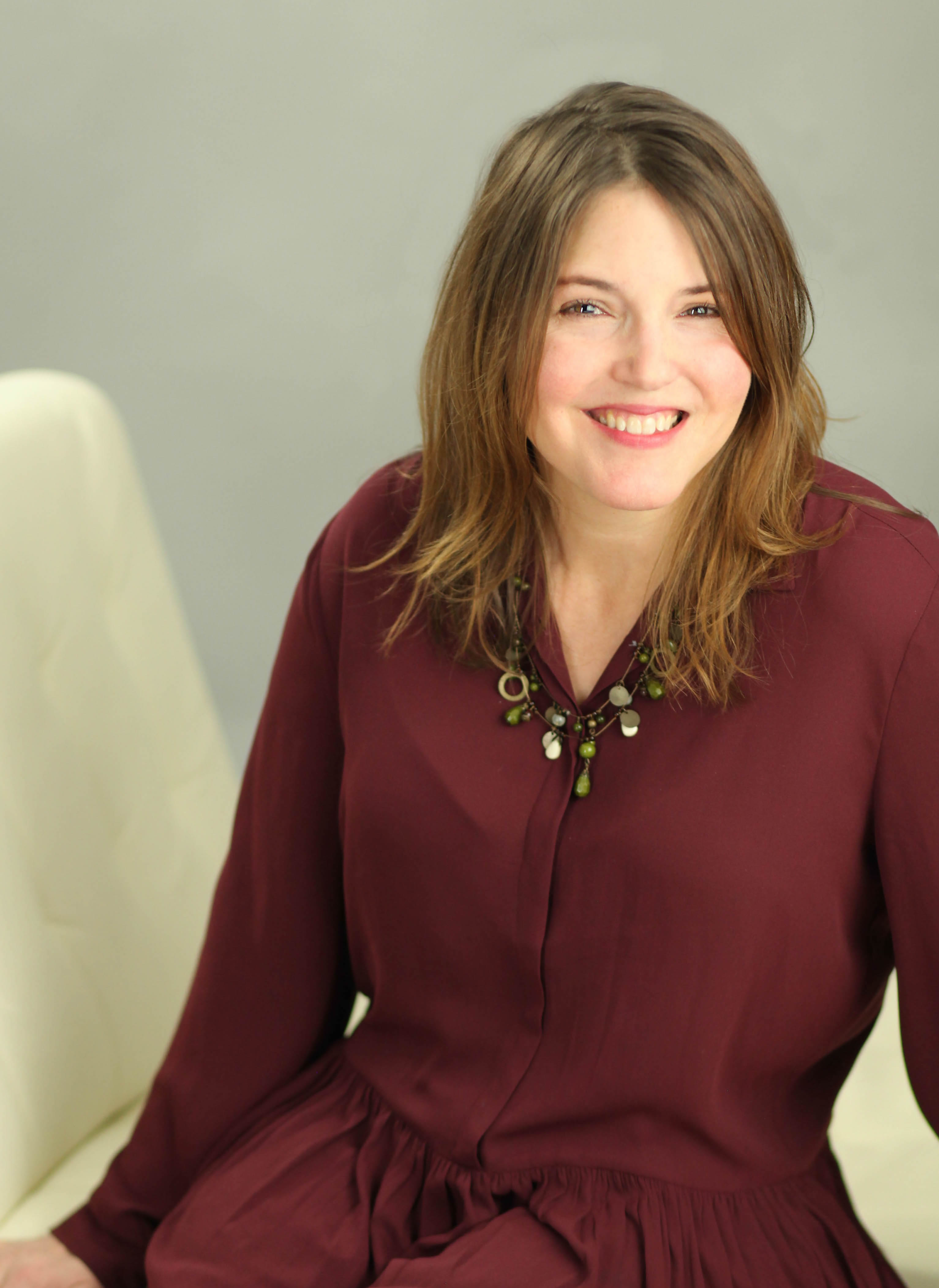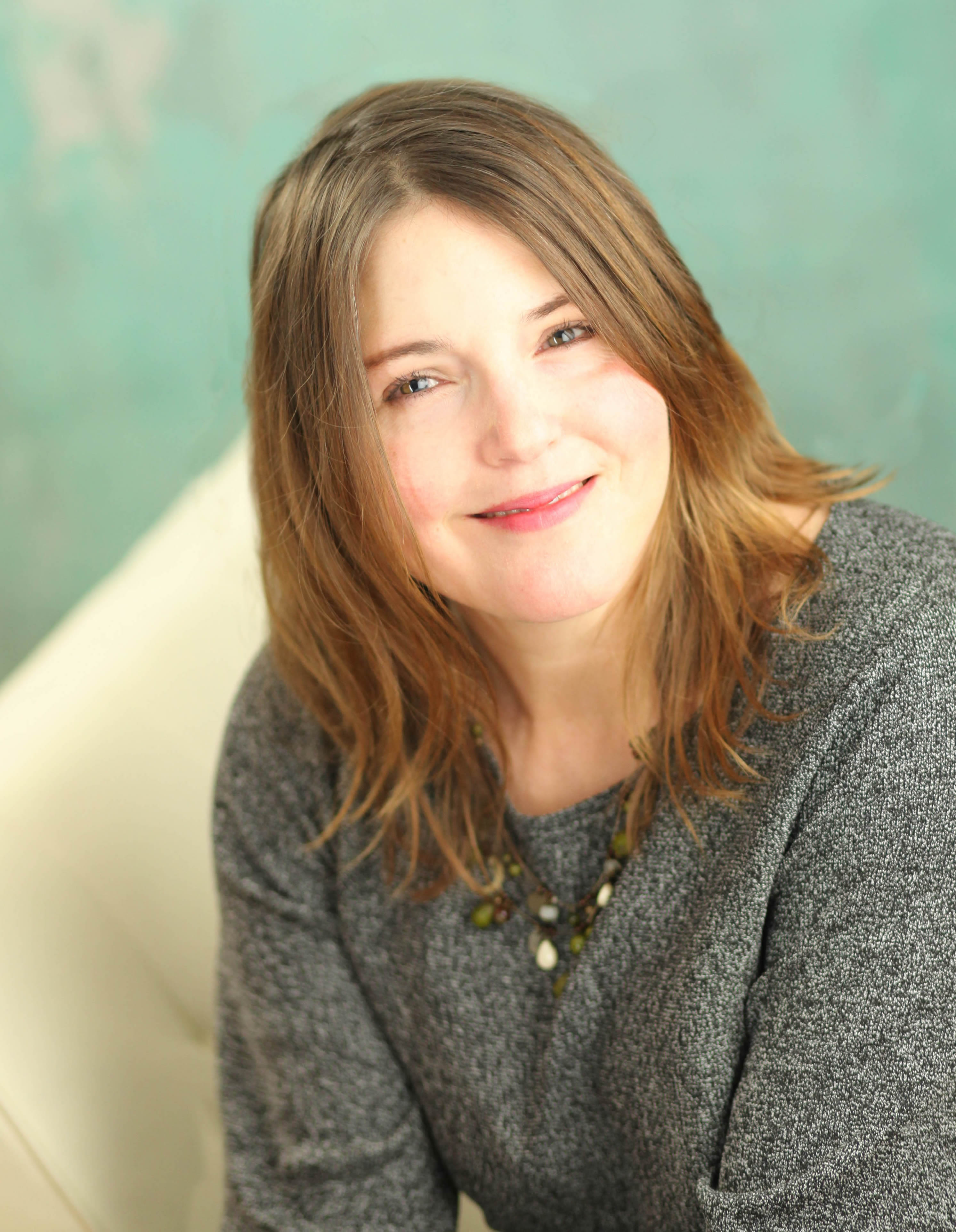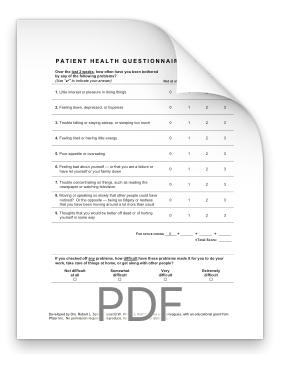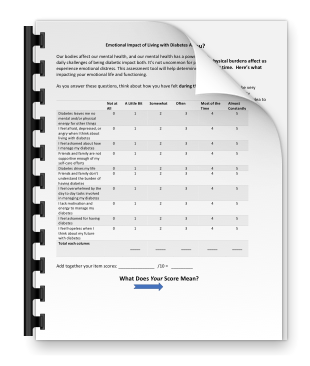Rebecca Pastor, Psychotherapist, M.Ed, LPC, MFA

225 South Meramec Ave, Suite 721T - Clayton, Missouri 63105 - 314-266-9788
What do your symptoms need you to understand?
Our symptoms have something to say.
There are many different symptoms that bring people into psychotherapy: anxiousness, chronic sadness, creative and artistic block, loneliness, insomnia, repetitive relationship patterns that just don't work, addictions, sexual obsessions, difficulty trusting others, shame. These symptoms are a language, and though they are often lumped together and given labels like depression, anxiety, or phobias, the truth is that the meaning of a symptom is unique to the person who is suffering with it. Symptoms are painful, but they are also startlingly creative, personal and specific. They were the best way we knew to cope at one time in our lives, but we come to therapy when we are ready for something different.
Sometimes the body is asked to express the scary, painful things that words cannot. Unexplained but ever-present aches and pains, headaches, rashes, eating disorders, sexual difficulties, chronic exhaustion, weight gain or weight loss, body shame... these are the language of the body, and when they happen without a medical explanation, we can look to them to help us understand the mental and emotional landscape.
As a psychotherapist, I specialize in helping to decipher the language of symptoms. When the unsayable is brought into consciousness, into words -- and into the safety of the therapy room-- it can then be understood and worked through. I'll help you understand the meaning of your symptoms and patterns and in this way, change and heal.

How I Work
I am a psychodynamic and psychoanalytic therapist. This means that I listen closely for the message in the symptom. I listen for things that are just outside of awareness, and help to bring them into the safety of the therapy room so that we can understand, translate, and transform them. This is how change and healing happens.
In my work I tend not to specialize in specific problems, since I have come to understand that symptoms mean very different things to different people. Instead, I specialize in deciphering the mysterious, and often surprisingly elegant and even eloquent, language of the symptom.
That said, I do have a special passion for working with people who wrestle, day in and day out, with the heaviness of living with a chronic medical condition. I am especially experienced in working with diabetics (Type 1 and 2) and with the families of people with diabetes, and I have been involved in research at Washington University regarding the influence of family on the health (and A1C) of people with diabetes. Often people with a chronic illness experience themselves as a body, first. Their bodies have often been the focus for so long, making them feel that who they are inside has been secondary. I work with these people to help them become more than just a body, and to help them to find meaning and vibrant health despite the illness.
I am also passionate about working with artists who are struggling with the creative process, held stuck by blocks and obstacles. I know what it’s like – I’m a published essayist and fiction writer, and I understand how terrifying and frustrating it can be to feel as though all your best ideas are behind you, or worse - that you never had any good ideas to begin with. But that’s not so. Our creativity never goes away, it just gets stuck sometimes. Creative block often signifies a broader block – of feelings, thoughts, desires, things that feel unacceptable, unfamiliar, or somehow threatening. Insight-oriented depth psychotherapy can help to bring that locked up energy back to life again.
Diabetes & Chronic Illness
 There are many kinds of chronic illness, each with unique symptoms, circumstances and demands that are as variable as the particles that make up soil. Despite the variety, there’s one thing that’s shared by them all: chronic illness always comes with special emotional, physical, social and cultural burdens. These are not always immediately visible, and so they are not understood by the majority of the population and often get overlooked by healthcare professionals too.
There are many kinds of chronic illness, each with unique symptoms, circumstances and demands that are as variable as the particles that make up soil. Despite the variety, there’s one thing that’s shared by them all: chronic illness always comes with special emotional, physical, social and cultural burdens. These are not always immediately visible, and so they are not understood by the majority of the population and often get overlooked by healthcare professionals too.
In my practice, I have a special interest in working with people who struggle daily with a chronic illness. Illness and medical management can sometimes place pressure on relationships. Having an illness changes self-perception, and over time it becomes difficult for the sufferer to imagine who they might be without the illness. Lifelong diseases such as Type 1 diabetes, Crohn’s, food intolerance and other autoimmune diseases get especially intertwined with a person’s identity, yet because they aren’t evident on the outside, the struggle is often unknown to even closest family and friends, leaving the patient feeling isolated. Psychotherapy can help with the management of a chronic illness, as well as be a supportive place to talk about all the feelings that having such a condition stirs up. It can help to bridge relationships, and it provides a space to freely explore ideas about and options for achieving a more holistic sense of self.
Obstacles to Creativity
 Creativity can be expressed in so many ways. Art is often seen as a path linking fantasy and reality. Our ability for fantasy, daydreams and creative play sets us apart from even the most highly intelligent mammals, and it is what feeds artistic expression. Creativity consists of two elements: inspiration and action. Both of these can be blocked by emotional or psychological factors.
Creativity can be expressed in so many ways. Art is often seen as a path linking fantasy and reality. Our ability for fantasy, daydreams and creative play sets us apart from even the most highly intelligent mammals, and it is what feeds artistic expression. Creativity consists of two elements: inspiration and action. Both of these can be blocked by emotional or psychological factors.
In creative block, there suddenly emerges a treacherous gap between us and our fantasies, fresh ideas, passionate emotions, and memories, with no apparent safe way to bridge it. Creativity is a dynamic, unconscious process, and static blocks halt the free movement of that energy. When that happens we lose access to inspiration and excitement. Sometimes we just can’t get started, other times we get lost in the middle with no road map. Sometimes it seems as if we’ve never had creativity, while other times it feels as if we may never gain it back. Creative inhibition is linked to unconscious fears and feelings, and these often are forged early in life.
In my psychotherapy practice, I provide the space for a safe exploration of things that feel just out of reach. Therapy is a co-creation that can form new bridges to all the rich material that feels forever lost. It can help unlock artistic expression through discovery and exploration of the feelings and fears that are holding you back.
Life Changes & Decisions
 Life transitions – great and small – are a primary focus of insight-oriented depth psychotherapy. Life is made up of a series of changes. Some are planned – like marriage, parenthood, new careers, new creative projects, new home, lifestyle and health behaviors. Some are not – like divorce, parenthood, job loss, financial disruption, major illness, and loss of key relationships. Planned or not, when change begins, we often feel unbalanced, uncertain, even anxious, and we find ourselves unable to see the path forward and through. At these moments, we must rely on a supportive presence to help us keep moving.
Life transitions – great and small – are a primary focus of insight-oriented depth psychotherapy. Life is made up of a series of changes. Some are planned – like marriage, parenthood, new careers, new creative projects, new home, lifestyle and health behaviors. Some are not – like divorce, parenthood, job loss, financial disruption, major illness, and loss of key relationships. Planned or not, when change begins, we often feel unbalanced, uncertain, even anxious, and we find ourselves unable to see the path forward and through. At these moments, we must rely on a supportive presence to help us keep moving.
Another aspect to life transition is that, planned or not, they're often difficult and stressful and cause us to question ourselves and our beliefs. It’s often helpful to remember that when we find ourselves changing, whether by choice or in response to our environment, there is something in us asking for expression. Our old relationships to ourselves and to the world must pass away in order to make space for something new and different.
This is an ideal time for psychotherapy, because people often come to therapy searching for something different, some different way to live or be or understand. Sometimes, we're yearning for a life change but we just don't know how to get started. Maybe we can't fully envision where we want to go or who we want to be. Maybe we can see it, but it feels impossible, or like we're asking too much. Maybe it feels wrong somehow to let ourselves have the things we most want. In my practice, I work closely with patients to understand all the complicated feelings that life changes, whether they're yearned for or happening despite us, stir up. In my work I help patients handle the major and minor life transitions and empower them to direct the change as much as possible. I work with patients to help them discover what is asking to be heard, and to realize strengths that were previously out of reach.
About Me
 I hold an M. Ed with a focus in clinical counseling and a Masters in Fine Arts with a concentration in fiction writing. I completed post-graduate training through the Advanced Psychodynamic Psychotherapy program at the St. Louis Psychoanalytic Institute in 2016, and I am now a clinical candidate in the Adult Psychoanalytic Training Program. I have spent a great deal of time and energy sharpening my skills and deepening my knowledge, and have obtained (and continue to engage in) rigorous post-graduate education and training. I am deeply committed to lifelong learning, as I believe that’s an essential part of being the best possible therapist.
I hold an M. Ed with a focus in clinical counseling and a Masters in Fine Arts with a concentration in fiction writing. I completed post-graduate training through the Advanced Psychodynamic Psychotherapy program at the St. Louis Psychoanalytic Institute in 2016, and I am now a clinical candidate in the Adult Psychoanalytic Training Program. I have spent a great deal of time and energy sharpening my skills and deepening my knowledge, and have obtained (and continue to engage in) rigorous post-graduate education and training. I am deeply committed to lifelong learning, as I believe that’s an essential part of being the best possible therapist.
I completed both my graduate training in Clinical Counseling and my M.F.A. at the University of Missouri-St. Louis. My professional trajectory has taken a very circuitous path that has held true to my deepest calling: to create safe, nurturing spaces where the unknown can become visible, understood and transformed. I’ve approached all my work with openness and gentle curiosity.
Of all the work I’ve done, I identify most closely with the roles of writer and psychotherapist. They both get at the same questions: what is the emotional truth? What does it mean to be human, and why do we express ourselves in the particular ways that we do? How do we start out as one thing and become something other, and which parts hold true over time?
Professional Affiliations: American Psychoanalytic Association, St. Louis Psychoanalytic Society, American Counseling Association
Topics for Speaking Engagements: Working with creativity and creative block; freeing up emotional energy to generate artistic expression; living with chronic illness; the impact of diabetes and other chronic conditions on emotional well-being, The body’s language: when the body says what words cannot.






